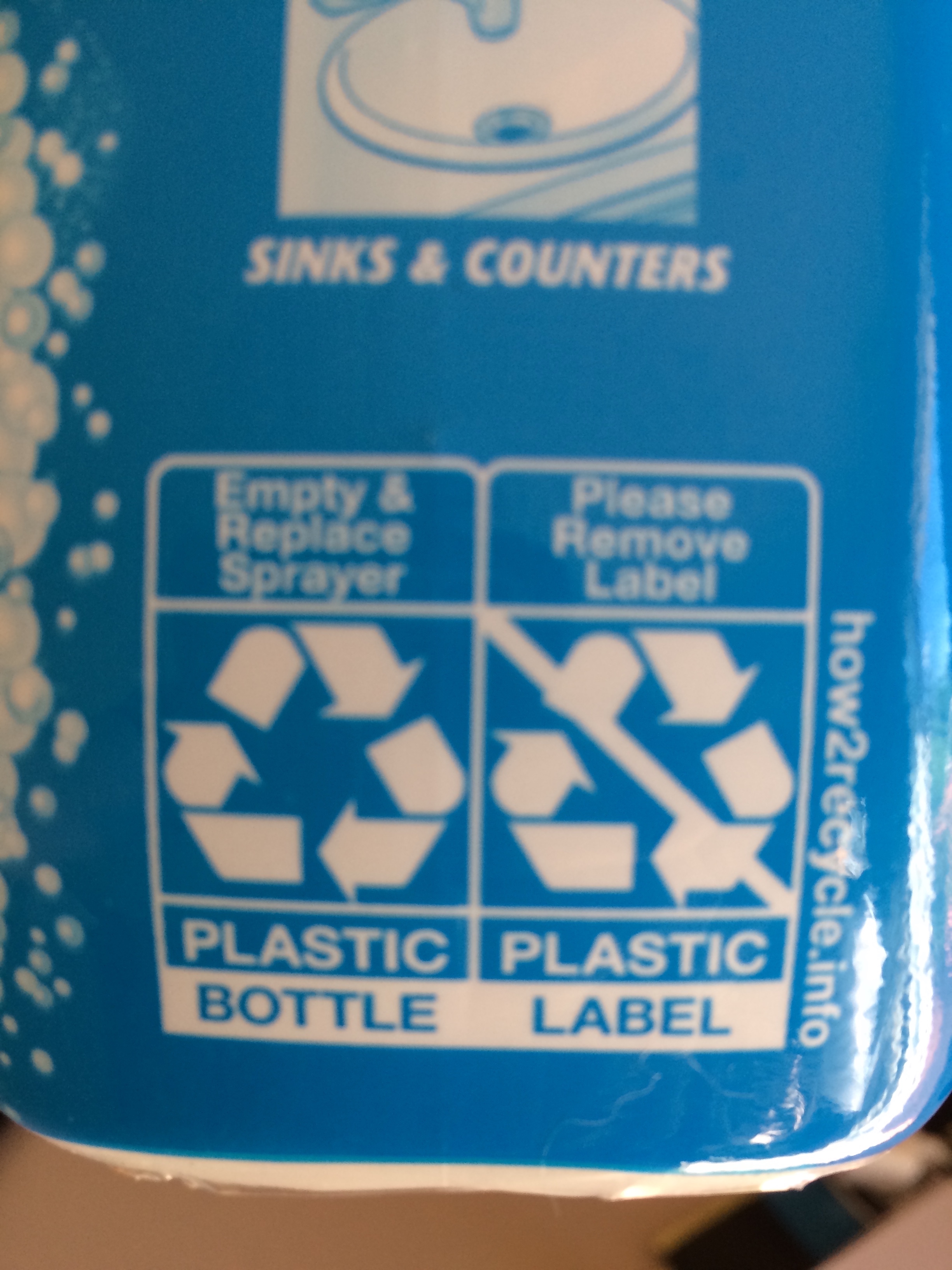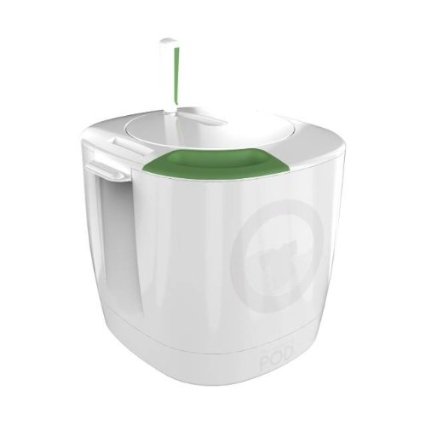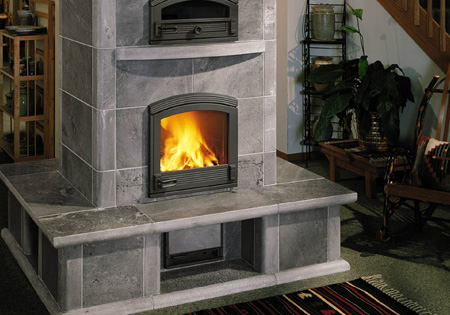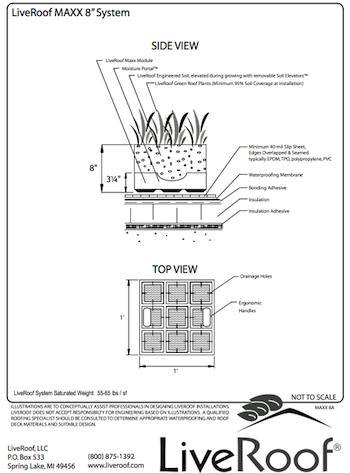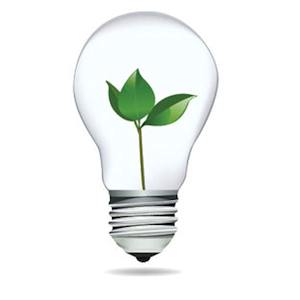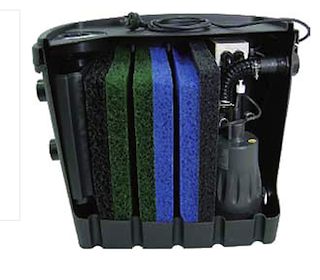Greywater Systems
The average American household goes through a lot of water. A LOT of water; it's typical for a 4 person home to use almost 40,000 gallons of water a year. That water is used for cooking, bathing, outdoor irrigation, and toilets. Reducing the amount of water used in and around the home is key to any green home; recycling some of that water in a greywater system is one way to cut water usage.
Greywater Defined
Greywater is simply another name for wastewater generated by the home; activities like laundry, dishwashing, and washing. Greywater systems recycle this water on-site for various uses such as landscape and garden irrigation or toilet flushing.
Blackwater vs. Greywater
It's very important to distinguish between greywater, which is water used for washing machines, sinks, or showers, and its nastier cousin blackwater. Blackwater is water that comes from toilets; it is classified as sewage because it contains human waste and must NEVER be recycled for home use!
Also, water from the kitchen sink, garbage disposal, and dishwasher is also typically classified as backwater due to higher levels of organic waste they often contain.
Greywater gets its name from its somewhat cloudy appearance and to differentiate it from clean, potable water (sometimes called white water). Again, greywater is water that has been used in baths, showers, sinks, and washing machines only.
Greywater: Reusing Water
In a traditional plumbing system, greywater is combined with backwater and sent to a sewer or septic tank. A greywater system diverts the greywater for use on-site, usually for some type of irrigation. Greywater often contains small particles of food which plants use as nutrients.
Greywater can also contain substances harmful to microbial and plant life such as salts and soap residues, but it can be absorbed and filtered through constructed wetlands.
It should be noted that greywater is NEVER safe for drinking or cooking.
Types of Greywater Systems
There are two types of greywater systems, those that recycle water without purifying it and those that purify and decontaminate it.
Greywater Without Purification
These are the simplest form of greywater system, and are useful for applications where potable water is not required. Typical uses of non-purified greywater are outdoor irrigation and toilet flushing.
Greywater With Purification
There are several ways to purify greywater to near-potable quality. 'Soft' processes include sand filtration, UV radiation, constructed wetlands or biofilters. 'Hard' processes include distillation or membrane filtration.
Residential greywater systems almost always utilize a 'soft' filtering process for purifying greywater but again it's important to note that even after treatment it should never be used for human consumption.
Greywater Applications
Let's take a closer look at the ways greywater can be used (or re-used) around the home.
Outdoor Greywater Use
Greywater often contains levels of nitrogen and phosphorus that are beneficial to plant life, but may also contain small levels of blackwater-like pathogens. Greywater should be applied below the surface, not sprayed, to prevent inhaling the water.
It is critical in any greywater system to avoid putting anything toxic down the drain. This means things like bleach, bath salts, dyes, chemical cleaners, or boron should ever be used. These can be hazardous or toxic to plant life.
Homes using a greywater system must use all-natural biodegradable soaps with no harmful ingredients. Many companies market cleaning and laundry products as 'safe for greywater'.
Indoor Greywater Applications
Recycled water from showers and bathtubs can safely be used for flushing toilets, and is approved by the International Plumbing Code. This use alone could reduce a home's water usage by 30%. Greywater systems for indoor use should include: a cleaning tank to eliminate floating or sinking items; a control mechanism that flushes collected water after a period of time to avoid it becoming hazardous.
Greywater and Plumbing Codes
The very first thing to do when considering a greywater system is to check your local area's codes. Greywater use is strictly prohibited in many areas of the U.S., though its acceptance is growing.
comments powered by Disqus
